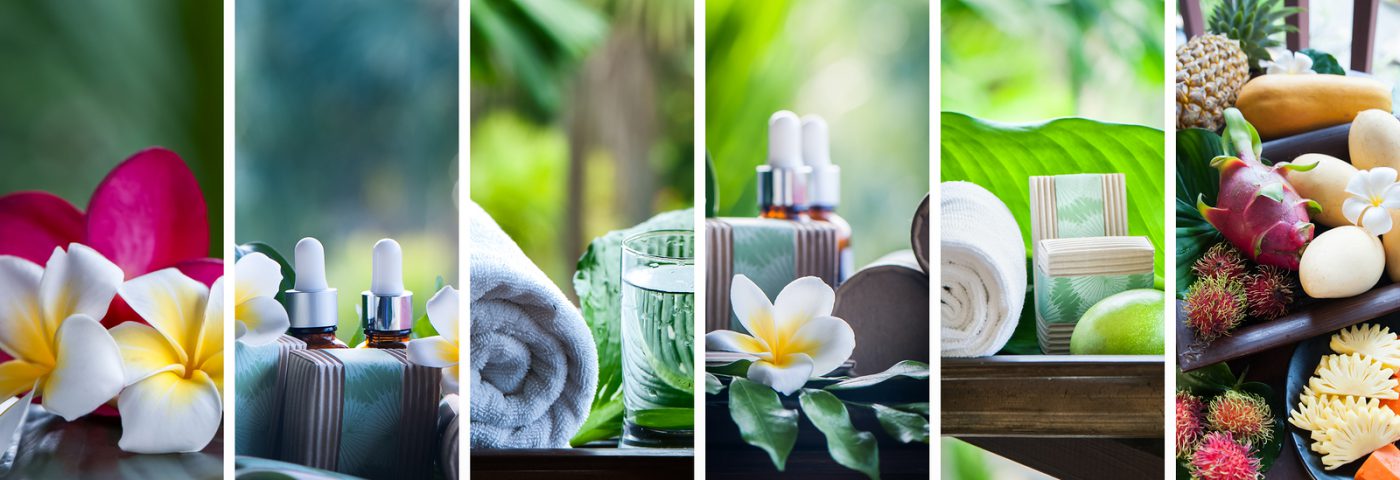The beauty industry is experiencing a shift towards conscious consumption where savvy consumers are scrutinizing beauty products formulations to focus on natural, organic and clean ingredients as well as on products that have a positive effect on the environment. As beauty is becoming more inclusive, halal products appealing to Muslim consumers are growing in popularity. At the same time, halal beauty encompasses most of the values that conscious consumers are looking for such as honesty, high-quality natural ingredients, care for the environment and animal welfare all having the chance to appeal to a wider group of green consumers beyond Muslims, if the correct approach to product marketing is followed.
Generation M as core consumer group for halal beauty
According to Euromonitor’s Beauty Survey, Millennials are driving sales of beauty and personal care products. In 2017, survey results reveal that the daily usage frequency of beauty and personal care products is the highest among people aged 15-44. At the same time, Pew Research Centre identified that Muslims in Western Europe are younger than non-Muslims which potentially expands the base for halal beauty products as proportion of Millennial Muslims aged 15-44 out of total population is bigger than same-age non-Muslims. The power of Muslim Millenials has been highlighted in the eponymous book Generation M by Shelina Janmohamed that describes young Muslims as “tech-savvy, self-empowered, who believe that their identity encompasses both faith and modernity”. While younger Muslim communities do not necessarily want to differentiate from modern Western lifestyles, they are looking for products that will appeal to their identity without compromising their religious beliefs. Unlike for older generations, for Generation M halal goes beyond purely functional claims to represent an experience and a wide-encompassing lifestyle.
Isolated halal claims could limit wider consumer appeal
For halal beauty in Western Europe, labelling is a sensitive issue. On the one hand, with the growing number of natural and organic products, beauty consumers are subjected to “greenwashing“ with misleading or vague claims.
From the other side, general consumer awareness regarding halal certification is low with people not knowing what the term halal refers to. Products that are labelled as halal certified in most cases will be perceived as those suitable for Muslims only, limiting brand growth, as most consumers would not be aware of the benefits offered by halal beauty products in terms of product quality, ingredients, or care for the environment. Results from Euromonitor’s Lifestyle Survey support the above, since in Western Europe understanding and trust in halal labels is much lower compared to more widespread vegan or eco-friendly claims. For halal beauty to take off, brands need to educate wider consumer groups on the benefits that halal certified beauty offers.
By Pia Ostermann – Beauty and Fashion Analyst and Kseniia Galenytska – Senior Beauty and Fashion Analyst at Euromonitor International
For information on Halal Beauty in Western Europe click here. Euromonitor presentations from in-cosmetics Global and a free report is also available to download. Register to receive your copy here.

